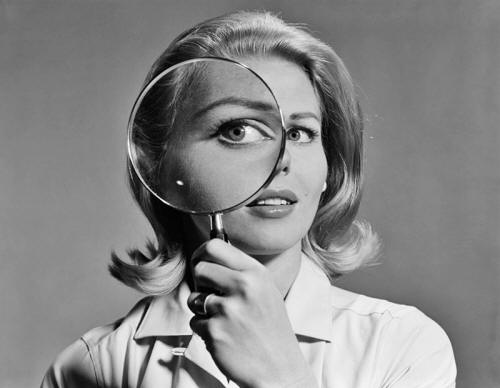|

by Fábio Esteves
October 27,
2016
from
Medium Website

This is why...
There are two sets of reasons to care about your privacy even if
you've got nothing to hide:
-
ideological
reasons
-
practical
reasons.
Ideological reasons
-
Your privacy is a right you haven't always had
Just like the right to interracial marriage, the right to
divorce, female labor, the freedom of speech, and so many
others, we didn't always have the right
to privacy.
In several
dictatorships around the world, they still don't.
Generations
before ours fought for our right to privacy. Not caring
about it shows little knowledge about history and the
importance of it.
-
Privacy is a human right
Article 12 of Universal Declaration of Human Rights (UDHR)
states:
"No one must
be subjected to arbitrary interference with his privacy,
family, home or correspondence, nor to attacks upon his
honor and reputation."
It's a human
right just like the right to equality, to justice, freedom,
a nationality, the right to religion, etc.
-
Having nothing to hide is not true nor realistic
Don't confuse privacy with secrecy. I know
what you do in the bathroom, but you still close the door.
That's because you want privacy, not secrecy.
You have a passcode or some sort of security in your phone.
Same goes for email. Nobody ever handed me their phone to
allow me to read their chats or see their pictures.
If you didn't
have anything to hide, you wouldn't care. But you do.
Everybody does.
Privacy is
something that makes you human.
Practical
reasons
-
Information in the wrong hands becomes dangerous
You might be okay with governments or security agencies or
companies having your private information.
You might trust
Google and
Facebook. But what if these
get hacked and your information falls in the wrong hands?
(See
Yahoo or
Ashley Madison.)
Let's say,
someone targeting your family, your company, your
wife/husband.
Would you still
be okay with that? Would you be okay knowing that your
photos, emails, or chats are in the hands of someone who can
blackmail you?
-
You can't predict the future
Right now you may not have a lot to risk.
But what about 30
or 40 years from now? Let's say you are running for a
political position or administration of a public company. If
Sony's hacking has told us
anything is that your private information has impact in your
life.
Amy Pascal, co-chairman
of the company, lost her job because of it.
It's not just your job or potential job, it's also the
integrity of your company.
Can you imagine
what it's like to have your company torn apart because of a
conversation you had 5 or 10 years ago? What would it be
like to lose your job because of a conversation you had by
phone with your wife?
-
Your private life out of context becomes a weapon
We've all joked with things we consider sensitive.
But, among
friends, it's something we all do. In fact, our behavior
changes depending on the people we're with. I bet I could
find something offensive you said in a group chat that you
have with your closest friends.
Because they're
your friends and it was a joke or a sarcastic remark. But
take it out of context and it is not longer a joke.
What would happen
if this "joke" fell in the hands of someone trying to harm
you?
-
Your information has value
A company like Facebook or Google allows you to upload
unlimited data to their servers, for 'free.'
What's their
business model? How do they make so much money? They
sell your info to advertising companies. But they
never asked you if you wanted to sell your information.
If someone asked
you in person 100 questions about your personal life to sell
it, would you answer them? Probably not, right?
But you let this
happen every time you use a service that makes money selling
your info.
I hope I have at least
made you think about your privacy and how much you might
be exposing.
Are you the kind of person who cares about this...?
|